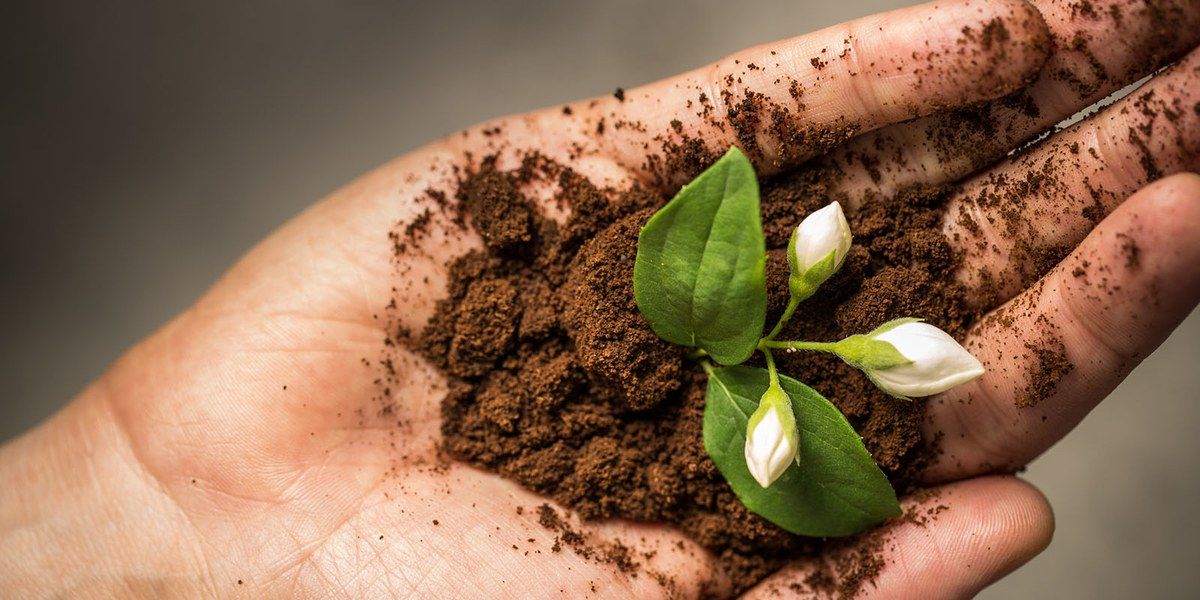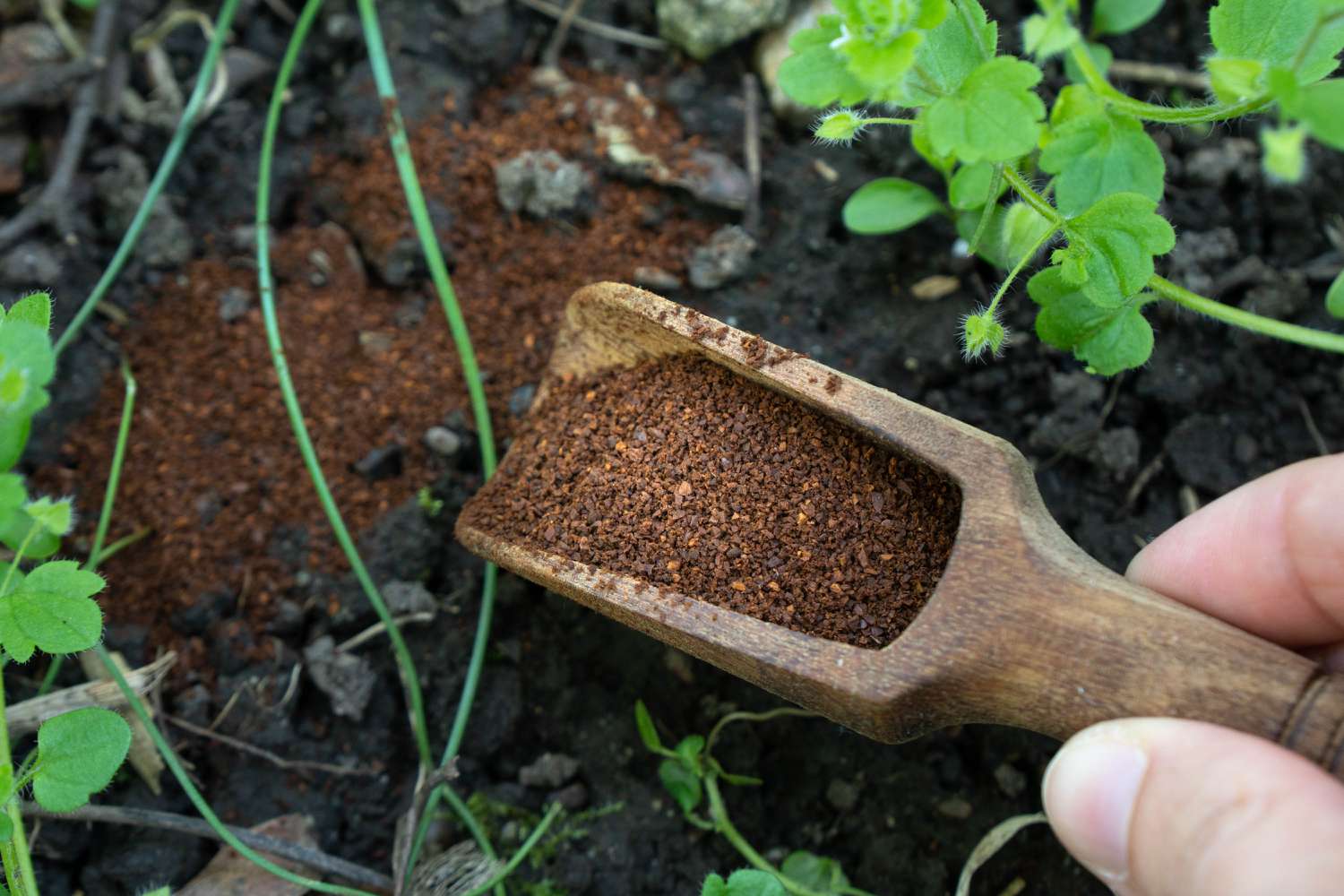
What Plants Like Coffee Grounds?
Coffee grounds are a popular byproduct of daily coffee brewing, but did you know they can be a fantastic addition to your garden? Full of nutrients, coffee grounds can benefit many plants, providing them with a natural boost. However, not all plants will thrive when exposed to coffee grounds. Understanding which plants benefit the most from this organic material is essential for maximizing its use in your garden. Let’s dive into what plants like coffee grounds and how you can use them effectively.
Why Are Coffee Grounds Good for Plants?
Coffee grounds are rich in several essential nutrients that plants need to grow, including nitrogen, phosphorus, and potassium. They also contain a range of trace minerals such as calcium, magnesium, and sulfur, which can help improve plant health. Here’s why coffee grounds are a great addition to your garden:
- Nutrient Boost: As a natural fertilizer, coffee grounds provide nitrogen, which is vital for healthy foliage growth.
- Improved Soil Structure: When mixed into the soil, coffee grounds help improve aeration and drainage, making the soil easier for roots to penetrate.
- Acidic Nature: Coffee grounds are slightly acidic, which can benefit acid-loving plants.
- Pest Deterrent: The grounds may also help deter pests like slugs and snails, as they dislike the texture and acidity of the grounds.
Best Plants for Coffee Grounds
Now that we understand the benefits of coffee grounds, let’s take a look at which plants thrive when given this natural fertilizer.
1. Azaleas and Rhododendrons
Azaleas and rhododendrons are classic acid-loving plants that thrive in slightly acidic soil. Coffee grounds can provide the acidity these plants crave, improving their overall growth and vibrancy. Just sprinkle a thin layer of coffee grounds around the base of the plant or mix them into the soil for optimal results.
2. Blueberries
Blueberry bushes are another plant that thrives in acidic soil. Coffee grounds, with their natural acidity, help lower the pH of the soil, creating the perfect environment for blueberries to flourish. Adding coffee grounds around the base of the plant will give it the extra acid boost needed for better fruit production.
3. Tomatoes
Tomatoes love nitrogen-rich soil, which makes coffee grounds a great option for fertilizing your tomato plants. The nitrogen promotes healthy foliage and helps your tomato plants grow strong and tall. Just mix the grounds into the soil before planting, or sprinkle them around the base of established plants to enhance growth.
4. Carrots
Root vegetables like carrots benefit from coffee grounds in several ways. The grounds can improve soil texture, allowing roots to grow more easily and deeply. Additionally, the nitrogen helps promote healthy green tops, giving your carrots the energy they need to grow big and robust.
5. Radishes
Radishes are another root vegetable that benefits from the improved soil texture and nutrients that coffee grounds provide. Mixing coffee grounds into the soil before planting radishes can lead to faster growth and larger, healthier roots.
6. Hydrangeas
Hydrangeas are well-known for their vibrant blooms, and their color can even change depending on the soil pH. Acidic soil, which coffee grounds can help create, encourages blue flowers. For gardeners looking to achieve a deeper blue shade in their hydrangeas, coffee grounds are an ideal addition to the soil.
7. Cabbages and Other Brassicas
Plants in the brassica family, such as cabbage, broccoli, cauliflower, and kale, thrive with the addition of coffee grounds. The nitrogen in coffee grounds helps boost the growth of these leafy greens, supporting strong, healthy plants.
8. Houseplants (in moderation)
Many houseplants, such as ferns, peace lilies, and spider plants, enjoy the extra nutrients provided by coffee grounds. However, it’s important to use them in moderation, as too much can make the soil overly acidic. A small sprinkling around the base of the plant or mixing them into potting soil is enough to give houseplants a boost.
How to Use Coffee Grounds in the Garden
While coffee grounds can benefit many plants, it’s important to use them properly to avoid negative effects. Here are some tips for incorporating coffee grounds into your gardening routine:
- Mix with Compost: One of the best ways to use coffee grounds is to add them to your compost pile. They can help balance the carbon-to-nitrogen ratio in your compost, speeding up decomposition and enriching the final compost.
- Sprinkle Directly on Soil: You can also sprinkle coffee grounds directly onto the soil around your plants. However, it’s best to mix them into the soil rather than leaving them on top, as they can form a dense layer that’s hard for water to penetrate.
- Use as a Mulch: Coffee grounds can be used as mulch, but it’s best to mix them with other organic materials like leaves or straw to avoid creating a thick layer that could compact and prevent water from reaching plant roots.
- Dilute with Water: If you want to use coffee grounds as a liquid fertilizer, steep them in water overnight to create a weak “coffee tea” that you can water your plants with.
Plants That Don’t Like Coffee Grounds
Not every plant will appreciate the acidity and nutrients in coffee grounds. Some plants prefer neutral or alkaline soil and may not thrive in the presence of coffee grounds. These include:
- Lettuce and Spinach: These leafy greens prefer neutral soil, so coffee grounds may inhibit their growth.
- Peppers and Beans: These plants do better in slightly alkaline soil and might not perform well in the acidic environment created by coffee grounds.
- Garlic and Onions: These crops prefer neutral soil and may not benefit from coffee grounds.

Conclusion
Coffee grounds can be a valuable resource in the garden, but it’s essential to know which plants will benefit most from them. Acid-loving plants like azaleas, blueberries, and hydrangeas will appreciate the acidity that coffee grounds provide. Additionally, vegetables like tomatoes, carrots, and radishes can benefit from the nitrogen boost. When used correctly, coffee grounds can help improve soil structure, promote plant growth, and reduce waste by repurposing a common kitchen byproduct. As with all things, moderation is key, and it’s important to understand the needs of your plants before applying coffee grounds to ensure the best results.

Leave a Reply